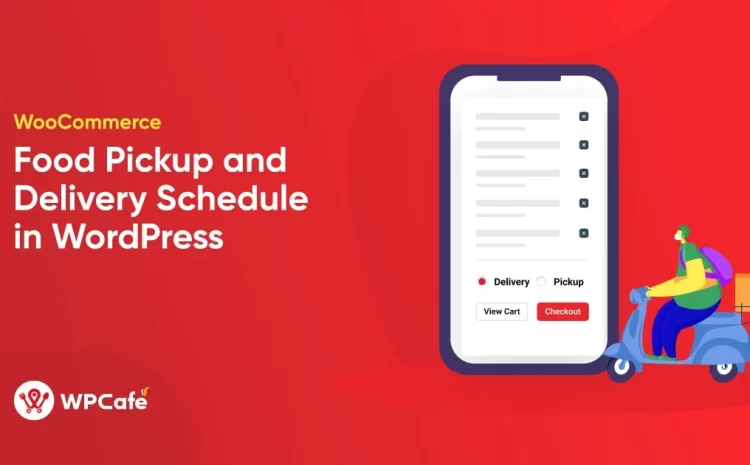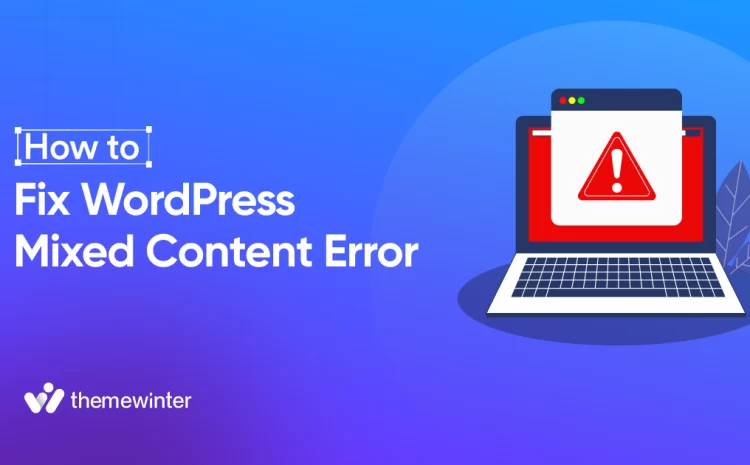How to Integrate WordPress CRM in Your Website Quickly
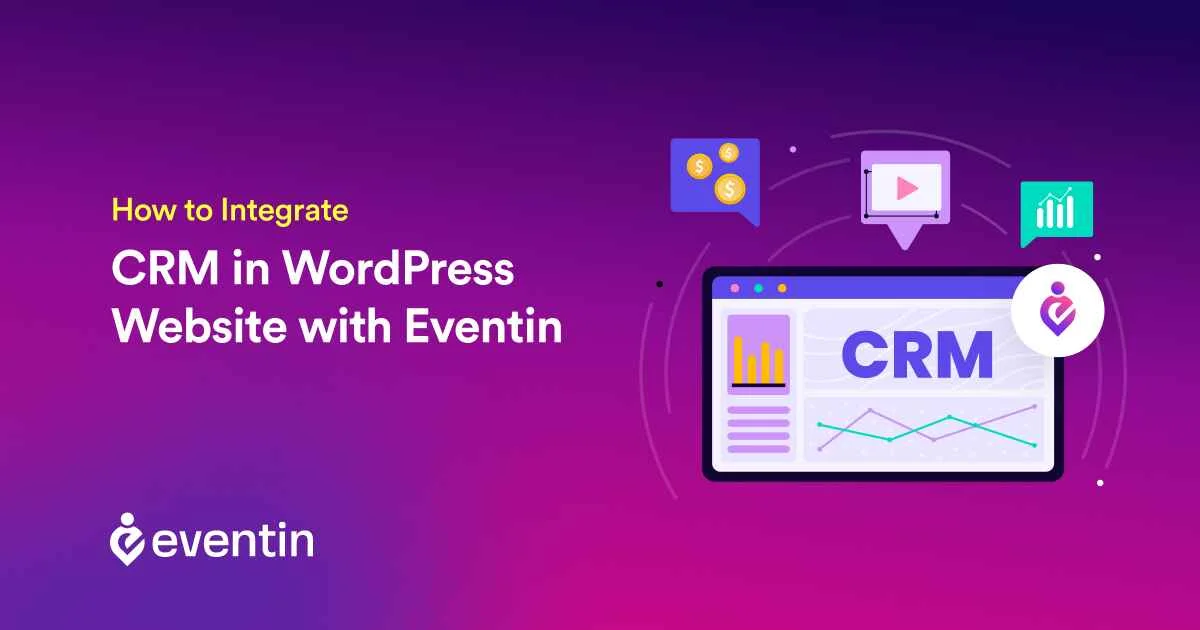
Table of Contents
Despite many business departments to focus on, integrating a customer relationship management (CRM) system into your WordPress website can be a game-changer.
As customer relationships are the key to business success, keeping a CRM plugin in WordPress is important to keep up with all the insights you need and get other perks the system offers.
That gets even better with using a plugin that integrates with the right CRM you need. Eventin, a robust WordPress events plugin packs a punch by integrating two of the most powerful CRM software to boost your data-driven decisions and sales revenue.
In this article, we’ll discuss why you should use a WordPress CRM tool, and how to integrate CRM in the WordPress website.
Let’s take a look…
What is a WordPress CRM?
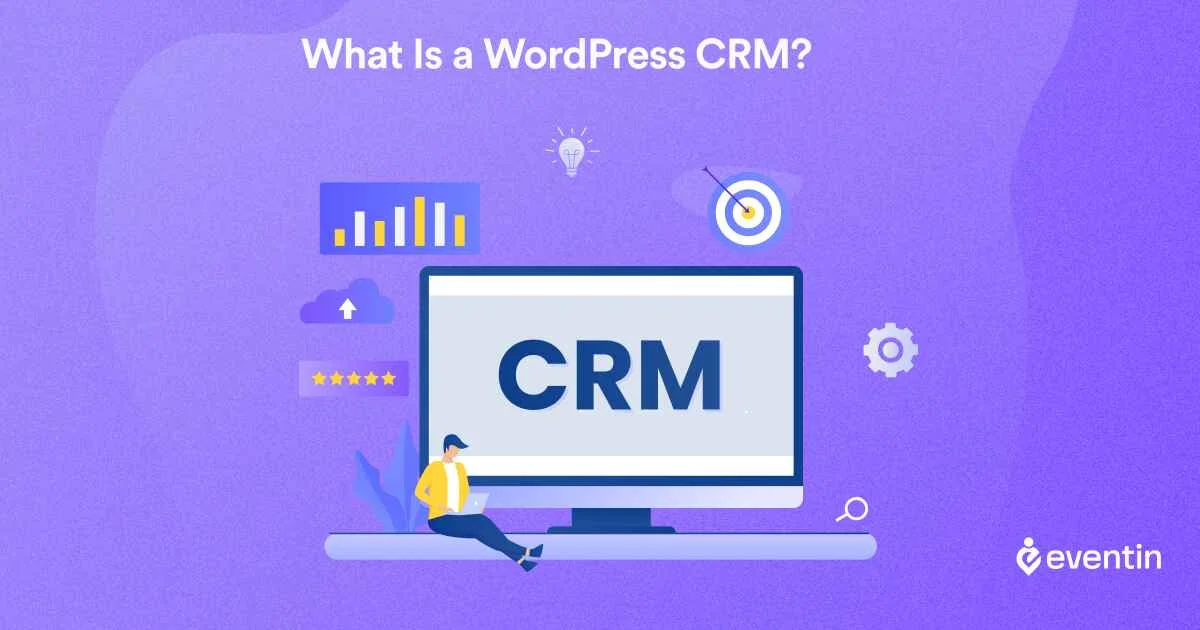
The WordPress CRM tool enables you to build and manage a database of existing and potential customers, score leads, run marketing automation, and manage sales and marketing campaigns to convert leads into paying customers.
A CRM in a WordPress website tool is pretty much everything marketing automation has to offer. The CRM plugin in WordPress provides valuable insights, offering a centralized platform to manage your leads, enhance customer service, and track customer interactions to drive conversions.
5 Reasons Why You Should Integrate CRM into Your WordPress Website
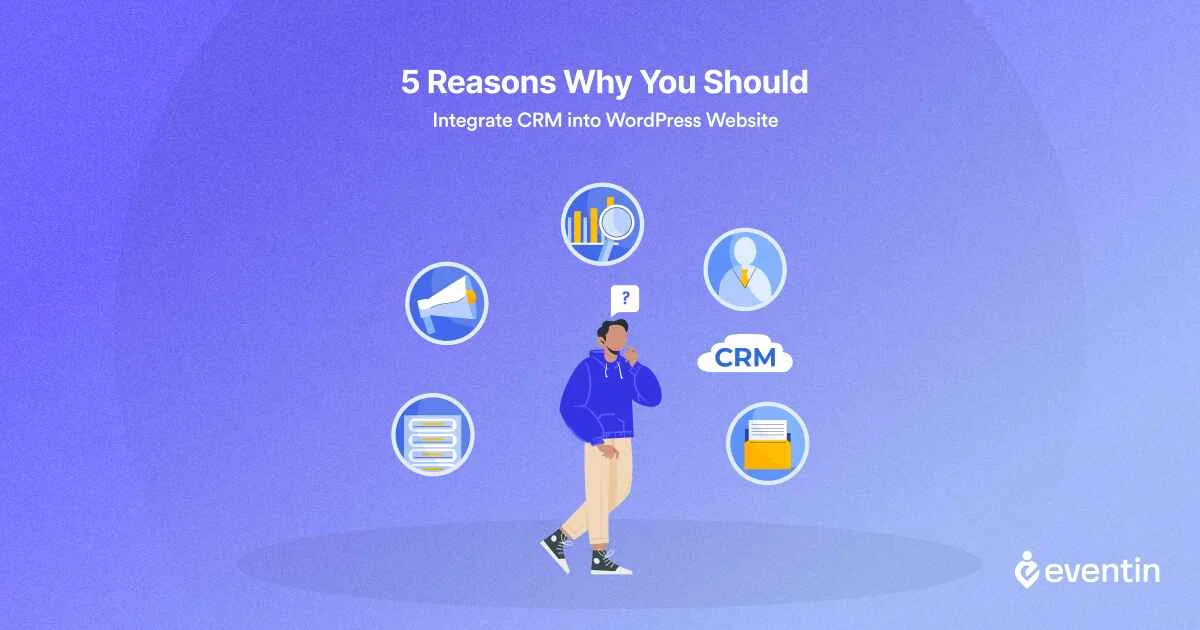
Integrating a CRM plugin in WordPress offers numerous benefits. Still, the most significant advantage of a WordPress CRM is its ability to score and nurture leads, ultimately converting them into sales opportunities and paying customers.
Let’s check out the other five benefits a CRM system in WordPress has to offer:
- All-in-one Marketing Dashboard: Integrating a customer relationship management tool on your WordPress website gives a 360-degree experience. You get to organize and manage your audience, categorize and nurture the leads, run automated marketing campaigns, track and analyze customer interactions, and define data-driven strategies to convert your customers with improved customer service.
- Data-Driven Customer Insights: CRM integration in WordPress provides seamless access to insights and data, enabling a deeper understanding of your audience and delivering exactly what they need.
- Improved Efficiency: Integrating a CRM plugin in WordPress eliminates errors, allowing you to create funnels, run recurring email campaigns, and automate marketing campaigns without manual intervention. Additionally, the insights provide a flawless, data-driven approach to best interact with your customers with the highest efficiency. That saves a lot of time and reduces errors.
- Enhanced Customer Experience: Automated tasks, such as lead tracking and customer interaction, enable you to improve your customer experience through CRM integration in WordPress. However, that’s not all; CRM in WordPress allows you to provide a personalized experience with each customer interaction, leaving customers impressed with your brand and helping them stay loyal, ultimately increasing their lifetime value.
- Data-Driven Decisions: A CRM plugin in WordPress gives you unlimited access to valuable insights and makes effective strategies on hand to connect and convert your prospects into paying customers. You can also make informed business decisions, analyze the performance of your marketing campaigns, gain a deeper understanding of your audience, and offer them a personalized experience —all benefits of data-driven decisions.
CRM Integration in WordPress Site
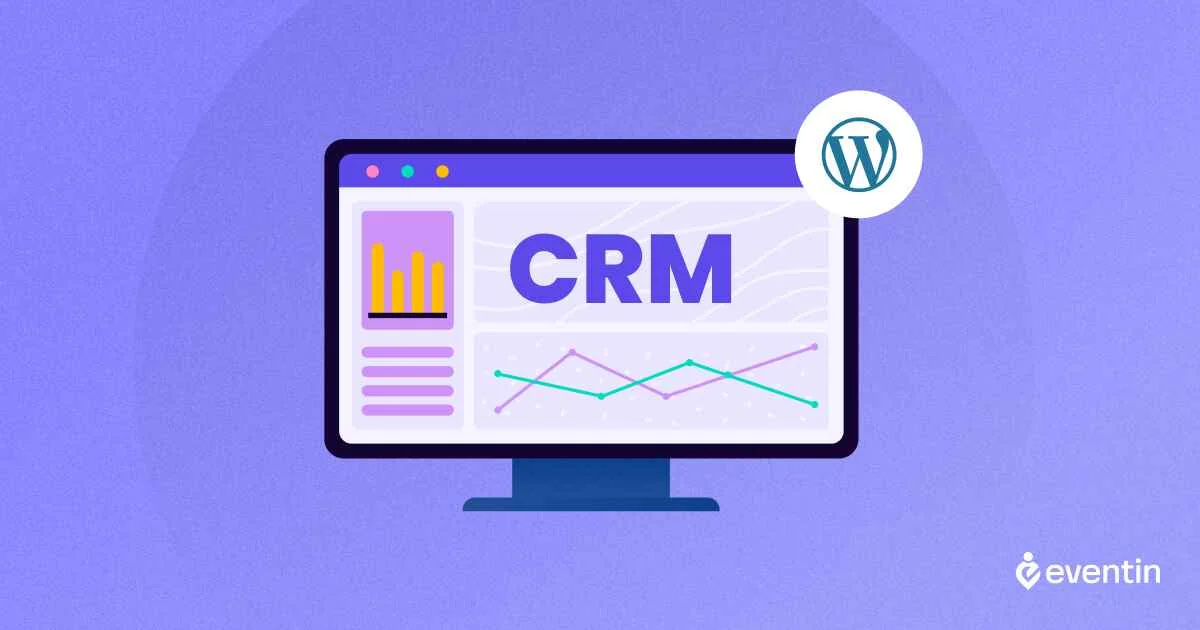
Adding a CRM integration in the WordPress website is pretty much easy, and simple but requires attention to detail during setup. Eventin offers 2 CRM integrations for your WordPress websites such as GroundHogg and FluentCRM. Let’s take a look at these popular CRM tools:
GroundHogg:

GroundHogg is the growing kid on the block with all the easy-to-use features you need to create a CRM in WordPress. GroundHogg offers you a low-code experience with email marketing, actionable marketing automation, activity tracking, reports and analysis, REST API, and over 25+ plugin integrations.
GroundHogg seamlessly integrates with the Eventin WordPress event plugin, enabling you to run virtual events effectively while automating all marketing campaigns and providing customers with a personalized experience that converts them.
FluentCRM:
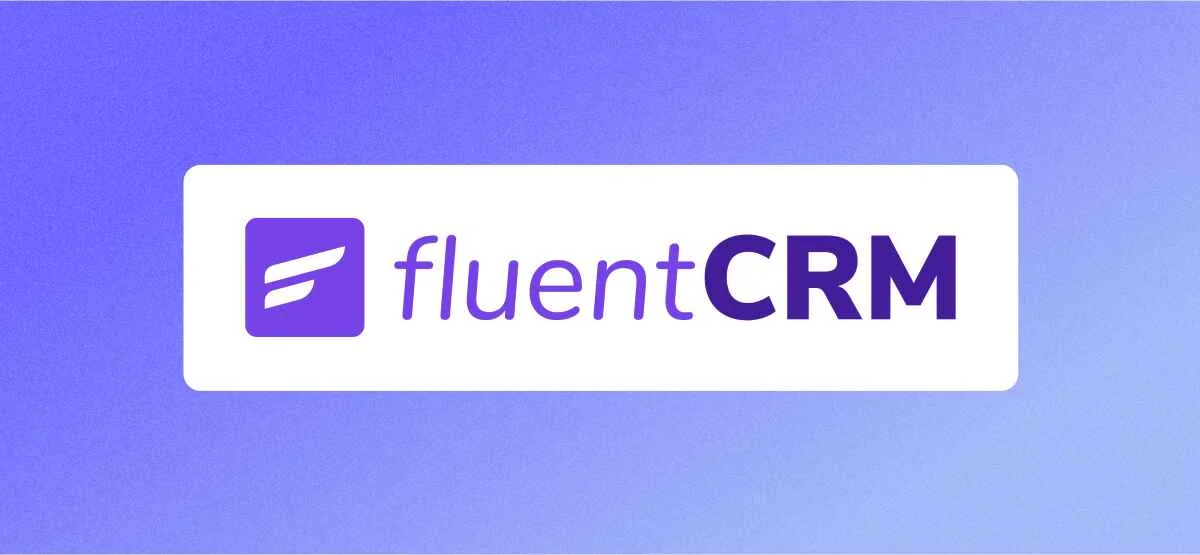
An excellent self-hosted email marketing automation plugin for WordPress, FluentCRM offers you a complete marketing solution in WordPress, such as intelligent contact segmentation, email campaign management, 360 contact overview, marketing automation, email sequencing, and many more.
You can install and automate your marketing campaigns with 30+ integrations with no paid add-ons on your WordPress site. Eventin integrates with FluentCRM, making event management easier with features such as email campaign management, email sequences, and a track record of customer activities at a particular event.
How to Integrate CRM in WordPress Website with Eventin
You can easily integrate any CRM into your WordPress website on a whim, but with GroundHogg and FluentCRM, things are way easier. If you’re using Eventin, you can easily integrate and start working on your CRM.
Let’s move on to see how you can integrate GroundHogg CRM in WordPress with Eventin:
✋ You’ll need GroundHogg PRO and FluentCRM Pro to integrate with Eventin.
Why Eventin?
Eventin, a WordPress event management and event ticketing plugin, offers you smooth and easy-to-create event countdown timers on your website, complete with interactive options to choose from using Elementor. Even shortcodes make it easy for you to embed the clock on any page you want.
GroundHogg
Install and activate GroundHogg: first, install the GroundHogg plugin from the WordPress plugin library. After that, activate the plugin to get started.
Generate API key: Now that the plugin is installed, go to the settings, select API, and select the user you want to create the API key for. Click on generate a new API key and there you go, with a public key, token, and a secret key with an API route.
Activate the API keys: Now go to Eventin, select settings, go to the integrations section, and select GroundHogg (it’s already there since Eventin has integration with GroundHogg).
Click on enable GroundHogg and you will see a list of keys collapsed afterwards. Now copy and paste the API keys you generated from the GroundHogg settings and paste the public key, token, and API v3 Route URL, and there you go!
How long did it take? Not much, right?
FluentCRM
Install and activate FluentCRM: first, install the FluentCRM plugin from the WordPress plugin library. After that, activate the plugin to get started. After that, update FluentCRM to the PRO version to integrate Eventin with incoming webhooks later.
Create a new contact list in FluentCRM: Now, head over to the contacts, click Lists on the menu, and then click on Create List. Fill in your information, see your title as a slug in the correct box, and click ‘Confirm’.
Generate Incoming Webhooks: Now please head over to Settings, and then click Incoming Webhooks. The new option to create a webhook will appear as a pop-up. You must enter several pieces of information here, including your name, the list you wish to link to WordPress Eventin, tags, and the status of incoming data. Click the Create button when you’re finished.
Now you have your Webhook URL in the section, now copy the URL for later purposes.
Paste Webhook into WP Eventin: Now go to the Eventin menu, click on settings go to the CRM section, and select the desired event you want to integrate with FluentCRM. You can find the CRM option under the event details. Toggle switch clicks to bring up options for adding Webhooks. Paste the Webhook you copied in step 2 at this point. Save or edit the event now.
Frequently Asked Questions
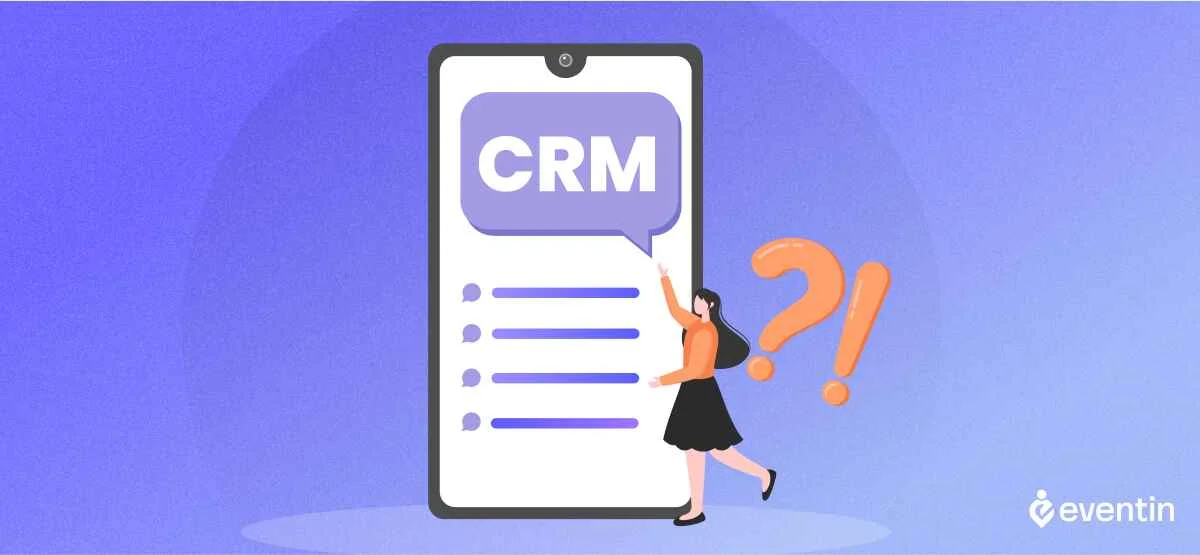
While integrating a CRM tool on your WordPress website, you may have some questions in mind, here are a few questions we think you might wonder.
Q: How to Choose the Best WordPress CRM Plugin?
-Great question; it’s better to choose the best WordPress CRM plugin based on ease of use, user experience, use-case compatibility, easy-to-use satisfaction, and, of course, meeting your budget.
Q: What is a CRM system?
-A CRM (Customer Relationship Management) system is software that lets you organize your database of all clients, categorize them into potential leads and loyal customers, score leads, run marketing campaigns offer personalized experience during customer interaction, and increase conversion rate.
A CRM tool is entirely designed to give you a broad picture of your entire audience, where they are, and how they are reacting to your marketing, and gives you insights and detailed analytics reports to make your next big marketing move.
Q: What is CRM? Why Do You Need One?
-CRM (Customer Relationship Management) tool is a system to entirely manage, approach, and convert your potential and existing leads into paying customers and offer data-driven insights to increase customer acquisition and retention.
CRM is highly essential to automating email marketing campaigns, building conversion funnels to lead your customers, and providing personalized customer interaction to convert them easier and faster.
Q: How to integrate CRM into a website?
-CRM tools are easy to install. All you have to do is search for your favorite CRM tool from the WordPress plugin library and install and configure the tool on your WordPress dashboard. After that, you can configure the CRM plugin just as you wish.
Q: What is the difference between CMS and CRM?
-The core difference between CMS and CRM (Customer Relationship Management) is that CMS (Content Management System) manages website content, webpages, plugins, and add-ons to improve the website performance, while CRM (Customer Relationship Management) works on Customer Relationship, communication, support, and other essential marketing automation to improve customer satisfaction and conversion rate.
